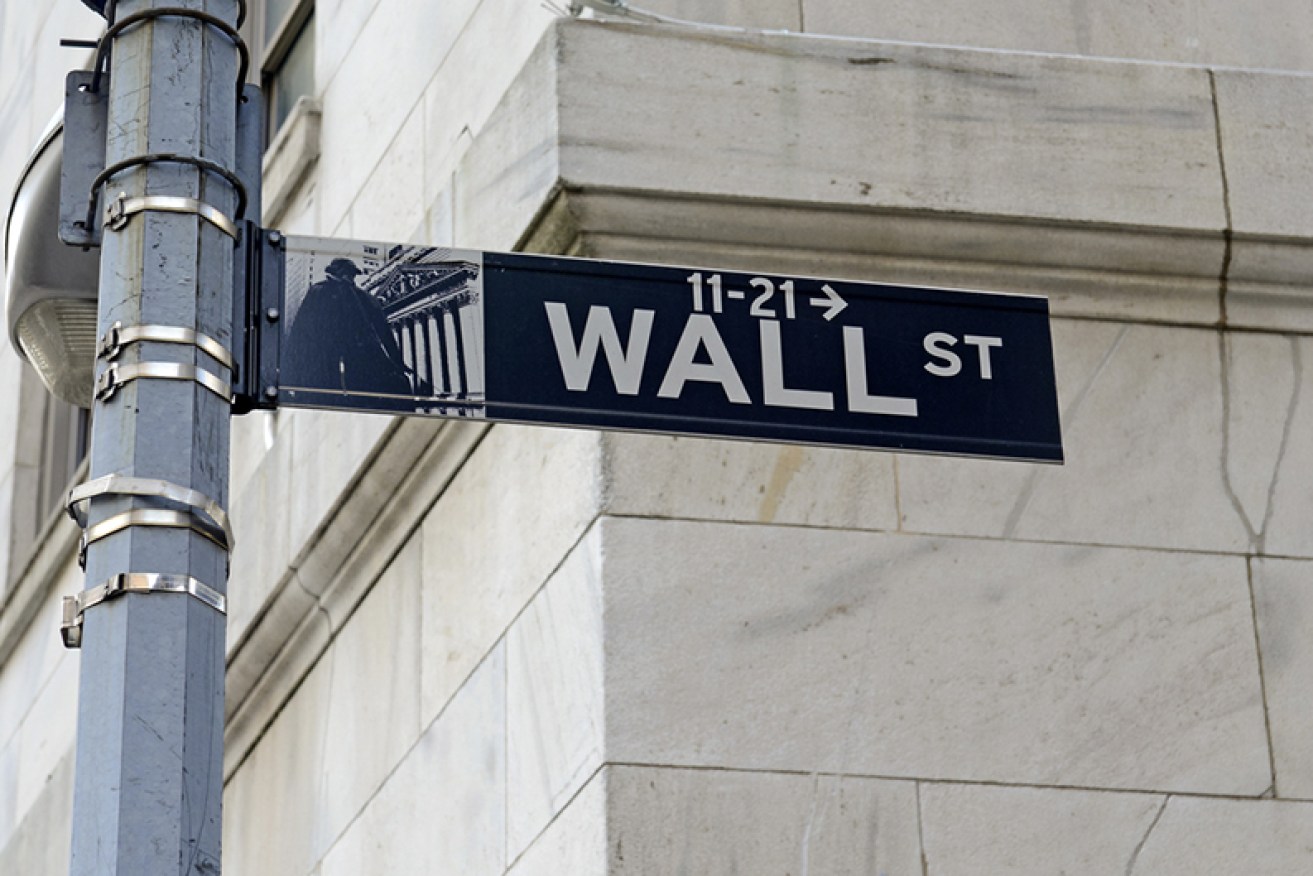How changes to US interest rates can affect you and your hip pocket


US shares rose after the country's central bank signalled it may be nearing the end of its interest rate tightening cycle.
Australian shares rose strongly on Thursday in a support of some big gains on Wall Street on Wednesday night, and those who hold investments or debt repayments can expect to see those changes reflected in their finances.
The market paid attention to comments made by US Federal Reserve chairman Jerome Powell, who signalled the central bank may be nearing the end of its interest rate tightening cycle.
Essentially, it means US rates are close to where he wants them to be – neither stimulating or putting the brakes on the economy – and investors are expecting fewer rate hikes ahead, which is a positive for stocks that have been battered by rate rises this year.
The S&P 500 jumped 2.3 per cent to 2744 in New York, while the Dow Jones industrial index climbed 618 points, or 2.5 per cent, to 25,366 – its biggest daily gain since late March.
Australian shares responded in kind, with the S&P/ASX 200 Index up 0.7 per cent to 5763.8 points and the All Ordinaries Index up by the same percentage to 5840.9. Shares in technology, health care and mining companies all performed strongly.
The knock-on effect
So how does a less-than-expected US rate hike affect you and your hip pocket?
Every developed country is interconnected and even if Australia does not share a border, economic factors like international share prices and interest rates affect all Australians.
Australia is an importer and exporter of goods and services, a tourism destination, and a buyer and seller of cash and financial products. This means rate changes in other countries impact the Australian economy and, ultimately, your debt repayments and investments.
Australia’s major banks are high users of overseas debt to fund mortgages, credit cards and car loans. If those debt markets become more expensive with higher interest rates, it will make your personal loans and mortgages more expensive over time.
Conversely, steady interest rates can mean a respite in terms of lower-than-expected debt repayments, providing you with an opportunity to get ahead on your mortgage.
The prospect of US interest rates not rising as much as expected also means cash investments become less attractive, which is great news for share markets.
In times of lower interest rates, share markets are popular with investors, who are happy to take on a little more risk for the chance of a better return than cash.
Economists say the official interest rate set by the Reserve Bank of Australia is likely to remain unchanged for at least the next year because of the drag on the local economy of falling house prices and high levels of household debt.
The central bank has now kept interest rates on hold for a record 27 consecutive months.








